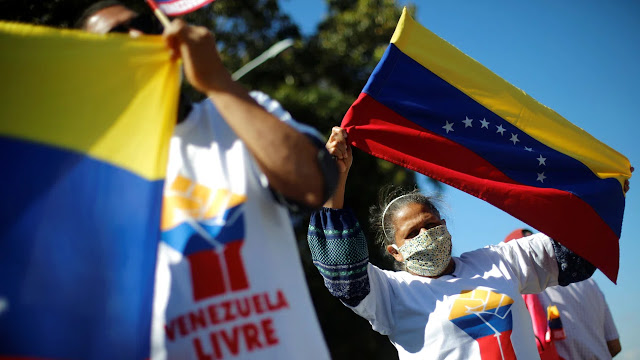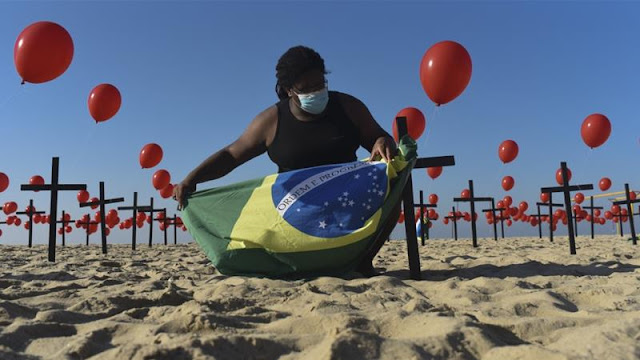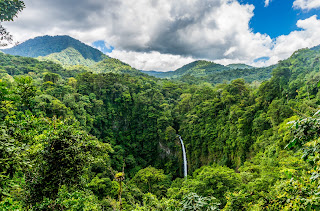When Justice and Reconciliation Meet in Colombia

Today the Special Jurisdiction for Peace in Colombia charged 8 former commanders of the FARC rebel group with war crimes. The BBC, whose article is linked above, reports that the 8 commanders "are accused of kidnapping thousands of people, and torturing and killing some of them. It is the first major result for the court set up after the 2016 peace deal". The FARC was a marxist rebel group in Colombia that had been waging a war against the government since 1964. A peace deal was signed in 2016 between the rebels and the Colombian government, bringing an end to Latin America's longest conflict. The FARC employed many tactics during its 50 year struggle. In order to make money to keep the rebel group operational the FARC routinely kidnapped prominent Colombians and held them for ransom. They were also known to steal and sell oil as well as traffic illicit drugs. The group operated mainly in Colombia's mountainous southeast. The 2016 peace deal allowed the FARC to rein...



